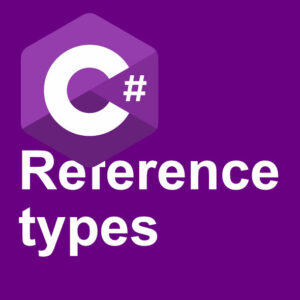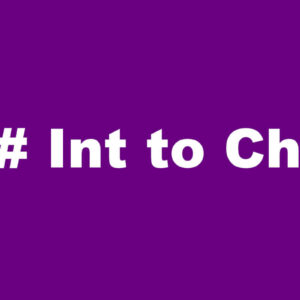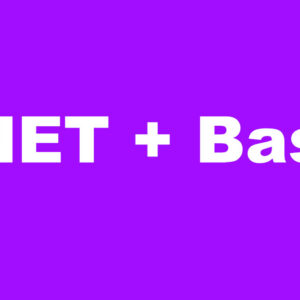C# is a powerful programming language that is widely used for developing a wide range of applications. One of the key features of C# is its support for value types, which are data types that store a value directly in memory.
Value types in C# include basic data types such as int, float, and double, as well as custom value types such as structs. These types are stored on the stack, which is a part of memory that is reserved for temporary data. The stack is faster and more efficient than the heap, which is used for storing reference types.
One of the main advantages of value types is that they are lightweight and easy to use. They are also well suited for small, simple data structures that don’t require any complex operations. In contrast, reference types are more complex and are typically used for larger, more complex data structures. This is because value types are stored in the stack, which is faster and more efficient than the heap.
Another advantage of value types is that they are passed by value, rather than by reference. This means that when a value type is passed as an argument to a method, a copy of the value is made and passed, rather than a reference to the original value. This can be useful in situations where you want to ensure that the original value remains unchanged. This is because when value types are passed by value, any changes made to the argument inside the method do not affect the original variable, thus providing a level of data integrity.
Value types are also beneficial when working with primitive data types. For instance, when working with integers, it is much more efficient to use the int data type as opposed to the Integer class, which is a reference type. This is because value types are stored in the stack and are directly accessed by the CPU, whereas reference types are stored on the heap and require additional memory lookups.
Value types are also beneficial when working with large collections of data. For instance, when working with a large array of integers, it is much more efficient to use the int[] array as opposed to the ArrayList class, which is a reference type. This is because value types are stored in a continuous block of memory, whereas reference types are scattered throughout the heap.
It’s important to note that value types have some limitations compared to reference types. For example, value types cannot be null and do not support inheritance. Additionally, value types are stored on the stack, which has limited space compared to the heap. This means that large value types may cause stack overflow errors.
In conclusion, C# value types are a key feature of the language that provide a lightweight and efficient way to store and manipulate data. They are well suited for small, simple data structures, working with primitive data types, and large collections of data. They are passed by value, which can be useful in situations where you want to ensure that the original value remains unchanged. However, it’s important to keep in mind that value types have some limitations, such as not being able to be null and not supporting inheritance. Therefore, it’s important to choose the right data type for the task at hand to ensure the best performance and maintainability.
Read more about C# value types at learn microsoft: https://learn.microsoft.com/en-us/dotnet/csharp/language-reference/builtin-types/value-types
Or check my other C# articles here: https://soltveit.org/category/programming/c/





